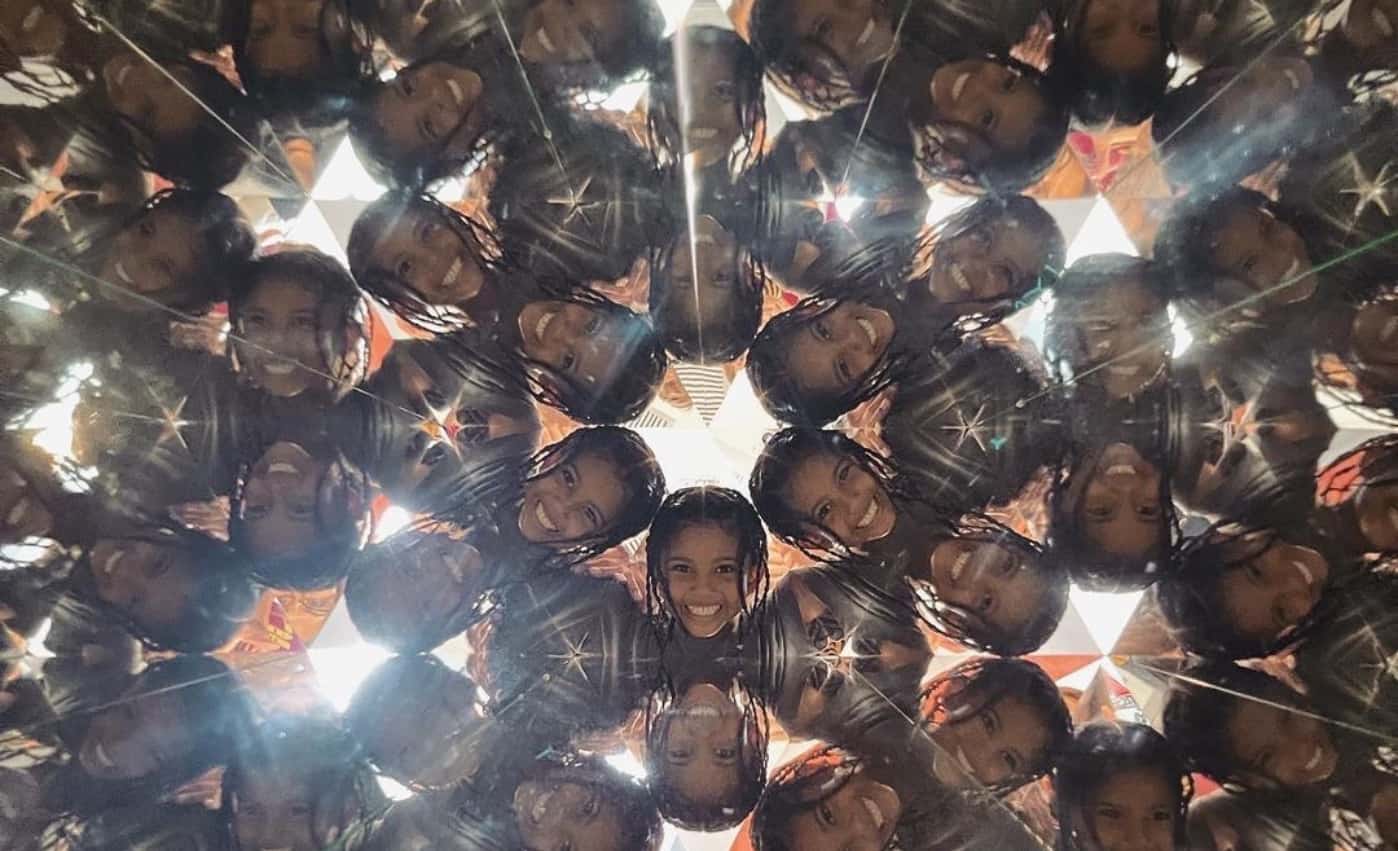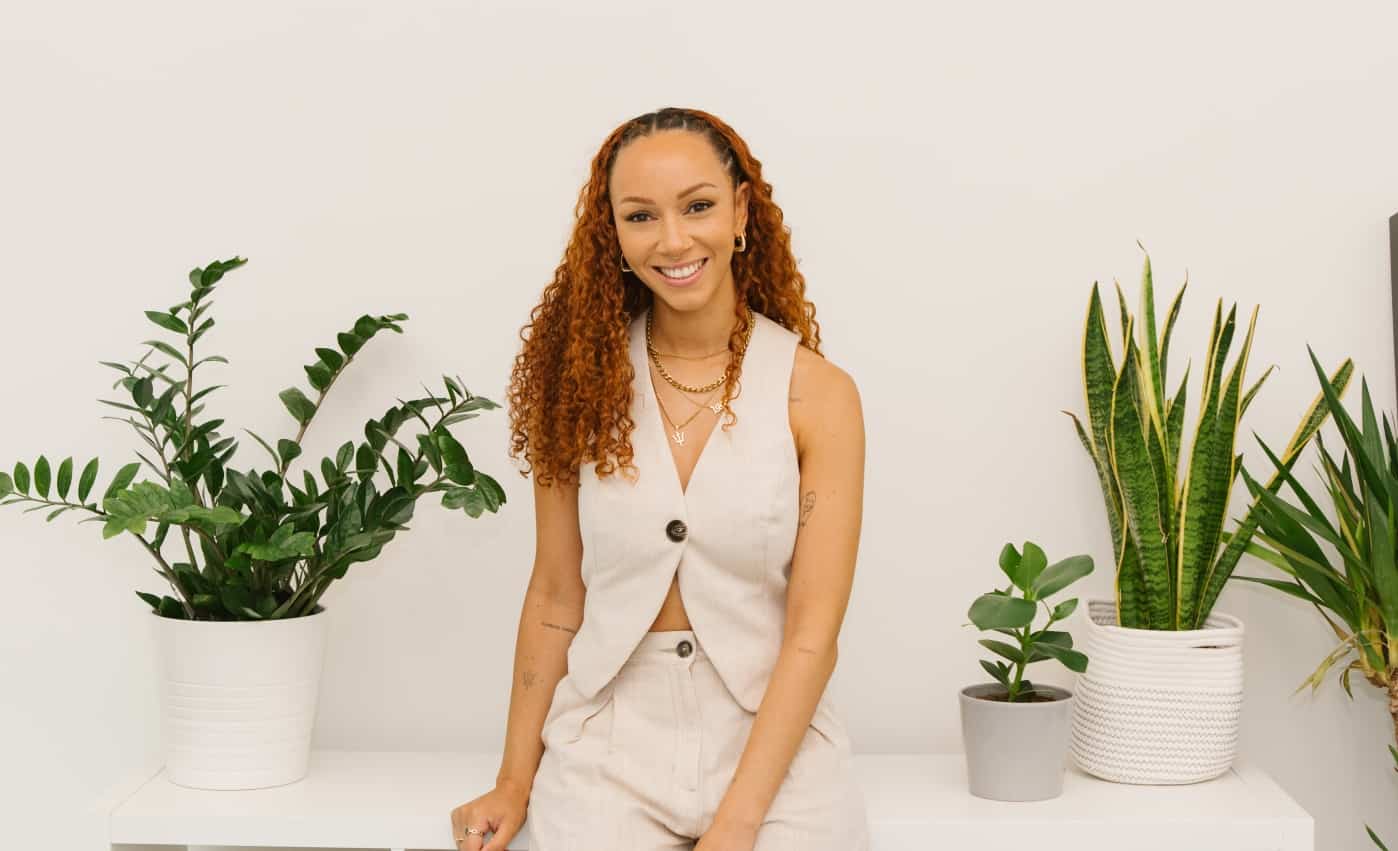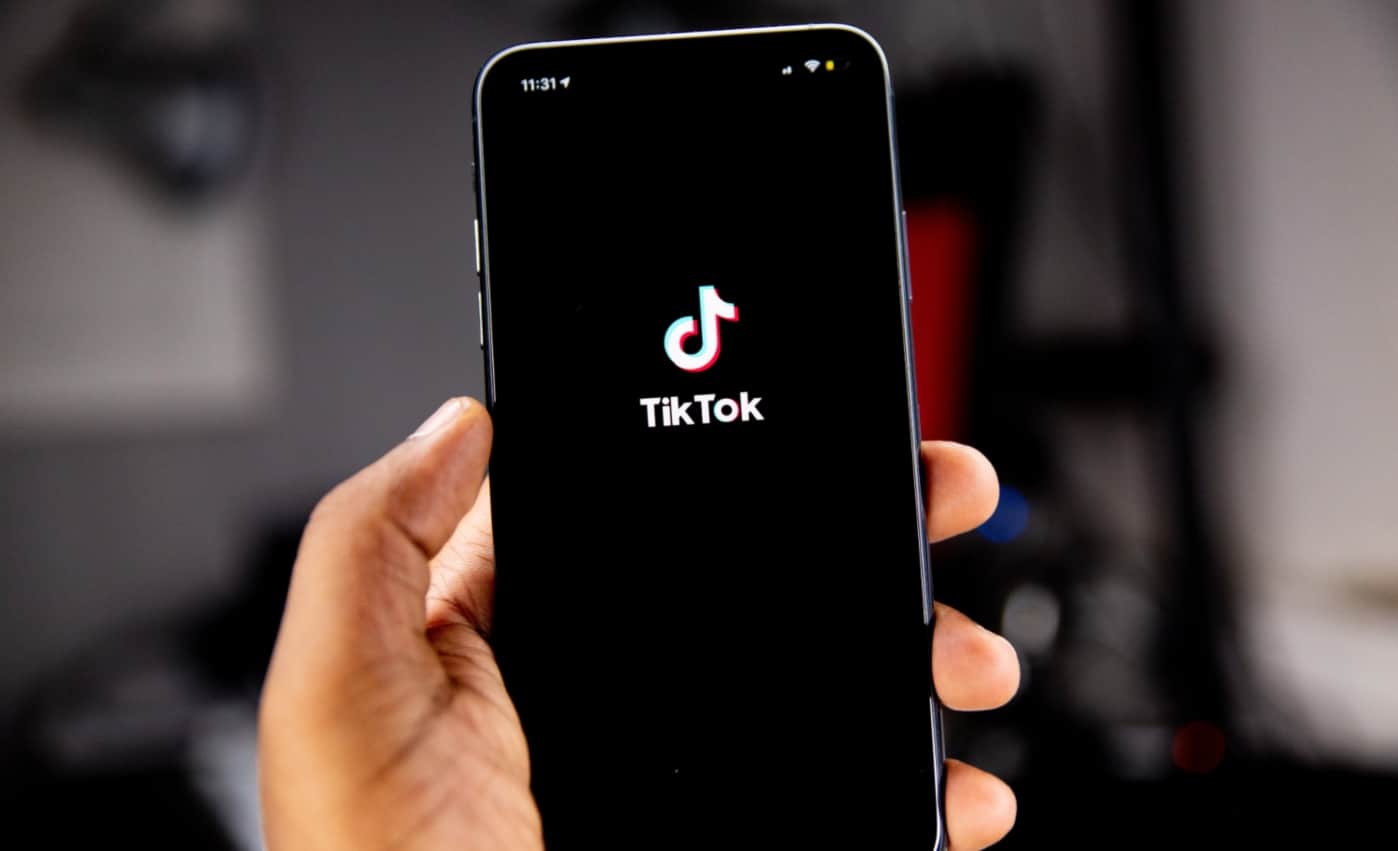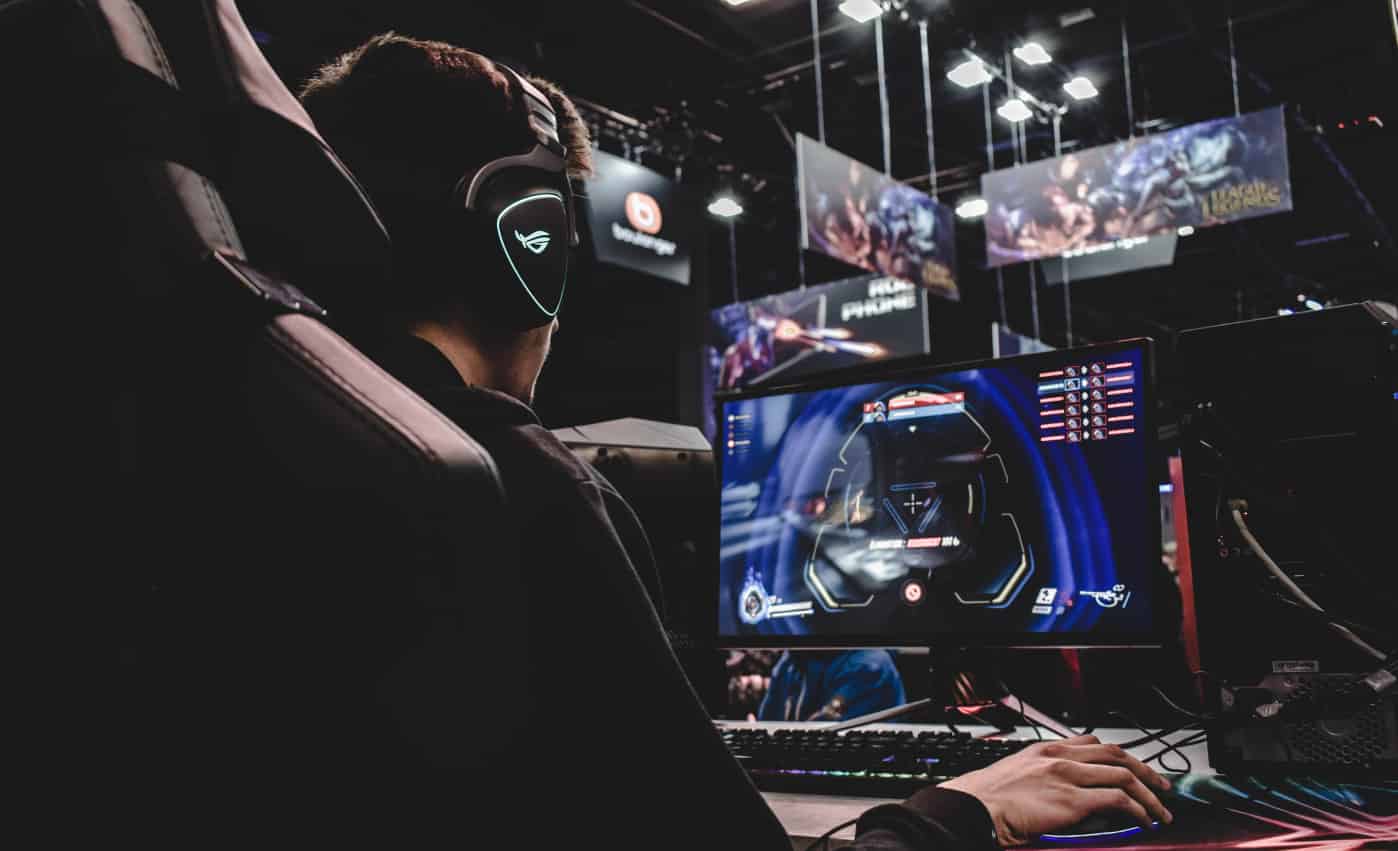The Middle East boasts the biggest Gen Z population in the world and yet so many brands are still trying to catch up with the younger generations. Mabel Goulden identified the region’s weakness while working in social media for brands such as Namshi and Beach City in Dubai, and vowed to fix the problem – and so Social Flex was born.
In 2021, Goulden launched Dubai’s first “Zillennial” (half Gen Z, half Millennial) led agency. Today, she leads a team of specialists on a mission to help both brands and influencers “blow up online” in one of the most diverse regions in the world, with past clients including The Salon Dubai, Faces, and FYNE.
But why do brands need so much help in the first place? Goulden has a theory. “The thing about the Middle East is that you’ve got so many sub-markets between the different groups of expats that it’s already difficult to try and target them all,” she says. “Adding in another layer to try and target Gen Z makes it really tricky.”
Key takeaways:
- Gen Z wants regional brands to be bolder when it comes to joining in global conversations. Just don’t fake it.
- Nobody understands Gen Z better than Gen Z. Goulden would like to see marketing teams diversify the age of their hires.
- The region’s younger generation engages best with content that tells a story and feels intimate – even if that’s produced by a creator with a micro following.
The result is a digital landscape that tends to rely on huge, one-off partnerships with general lifestyle creators who kind of cover everything (but also consequently don’t really cover anything). It’s the kind of influencer marketing that died out years ago in the UK and the US yet remains the default for brands still struggling to forge connections with Gen Z in the region.
You may also like
Goulden struggled to think of any regional brand that’s nailed its Gen Z formula, putting the weaknesses of most strategies down to two factors. The first is that Gen Z is so plugged into global, cause-driven conversations, and they expect the same from brands – but that’s not common practice for brands in the Middle East. “Brands here tend to be cautious of saying the wrong thing,” Goulden explains. “They’re so careful about joining important conversations on certain causes. I’d love to see them be a bit more bold and confident in that.”
That doesn’t necessarily mean wading into topics where they may face political, cultural, or legal repercussions. From sustainability to body positivity, there’s a wide range of conversations in which it’s hard to identify a brand’s voice in the Middle East.
Her other point is a little more delicate. “This isn’t a blanket statement, but I have noticed that marketing teams here are slightly older than a marketing team in the UK,” she says. The language and behaviour of Gen Z doesn’t come naturally – and everyone can tell when it’s forced. “I think that’s the missing link.”
To Goulden, the solution is simple: have young people be more involved in the team, whether that’s through internships (which can be internal) or ambassadorships (which can also apply to young creators with smaller followings who support a brand’s social presence in the long run). “I just feel like that’s so common in other parts of the world,” she says. “It seems like it’s missing here.”
Goulden is big on the power of micro-influencers. These are a rare breed in the Middle East, especially in countries like the UAE and Saudi Arabia that require licensing to go pro with content creation. However, she feels this is the key to reaching the region’s younger audience. “Gen Z will listen to their circle,” she advises. A micro-influencer may not be your actual friend – but their following and relative accessibility compared to those with a six-digit following makes them feel pretty close.
This intimacy is something Goulden encourages brands to try to replicate in their content. “Gen Z loves to interact with brands that are a little bit aware of themselves,” she says. “They will buy into things that believe in the same thing they do. But it’s got to be authentic.” They’ve grown up consuming content, so “they know if you don’t mean it”.
Generation Alpha
That brings us to the next big frontier: Generation Alpha. The most digitally connected generation to date is on the precipice of taking over as the biggest demographic in the world. Goulden’s already started thinking about how content will change in the Middle East once Alpha’s in charge. “Their kind of storytelling is going to be quite different,” she says.
She predicts a shift away from prolific realism and towards privacy – or a much more creative way of depicting yourself online. “If you think of Millennials and Gen Z, we have our Instagram pages, our TikTok pages, we’re sharing every moment,” she says. “I think Gen Alpha are going to want to be a little more private. If anything, they’ll be sharing kind of fictional versions of themselves in a more original style.”
But before brands can start prepping for Gen Alpha, there’s still the hurdle of Gen Z. Goulden’s biggest piece of advice? Start small. The “massive personalities” living the OTT luxe lifestyle just don’t appeal to Gen Z anymore; instead, “people are loving hearing stories through quality content,” says Goulden.
She lists modest fashion blogger Ayesha, entrepreneur Aishah Mohamed, and makeup artist Samiah Hannan as some of her favourite micro Gen Z creators producing engaging content. “We’ve got younger people here with small followings who are really creative,” she says. “The smaller Gen Z profiles making content in this region are so exciting.” Brands, take note.
By Chloe James, CORQ Middle East correspondent. Picture credit: Mabel Goulden










